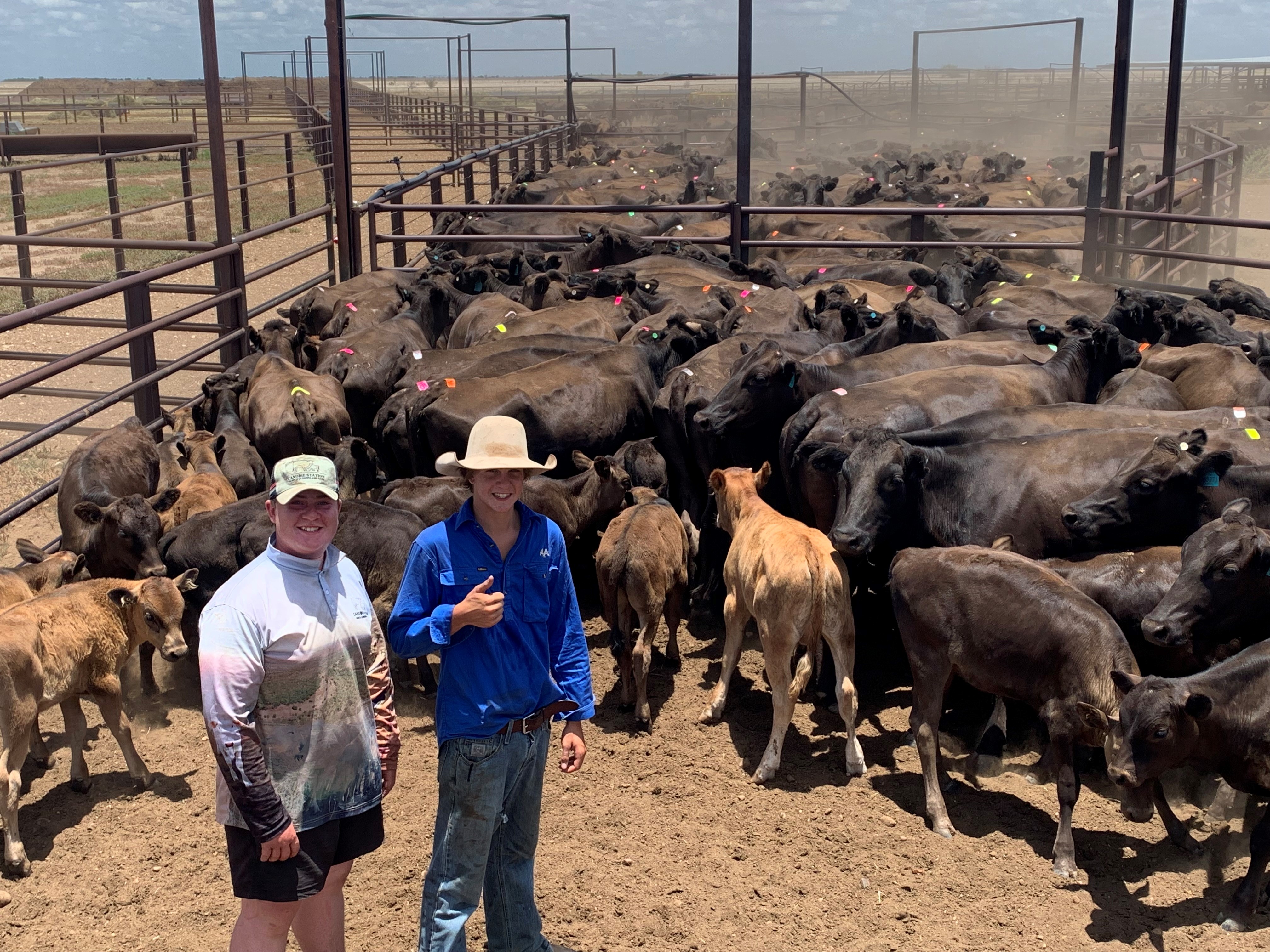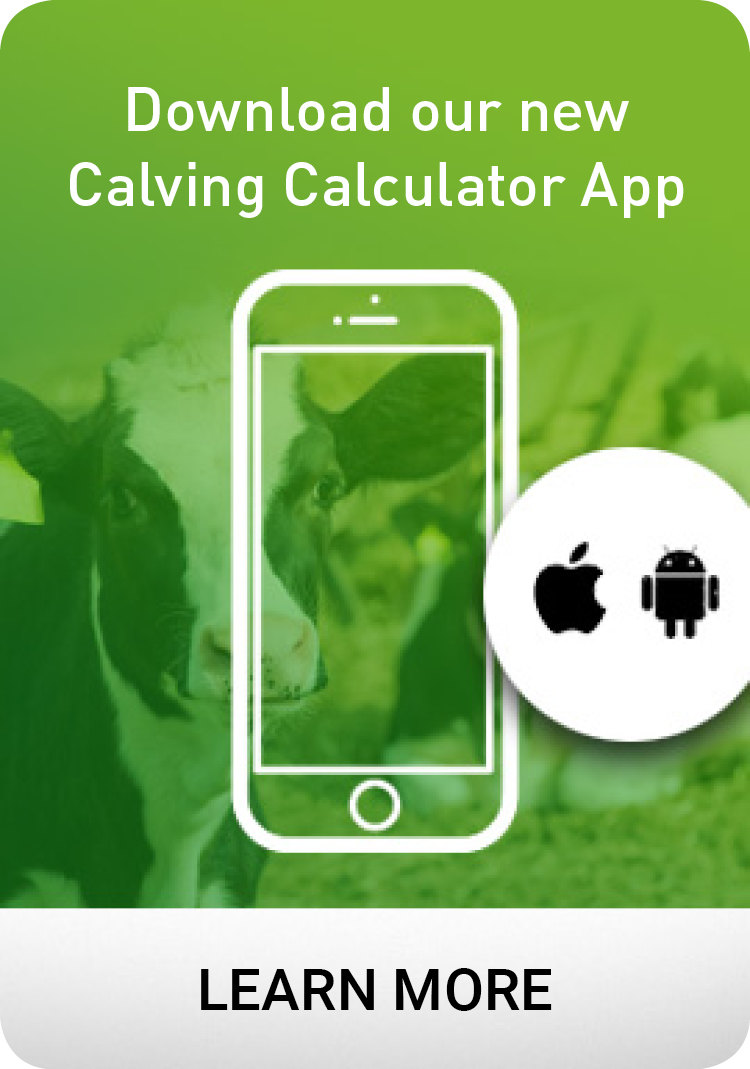Wagyu Cows Defy the Odds on AACo's Dalgonally Station
Cattle repro veterinarian Dr Adam Wise and Vetoquinol’s Repro360 team partner with AACo to maximise the success of a recent fixed time AI (FTAI) program on wet Wagyu cows in the north.
They say when something is too good to be true it usually is… except in the case of Wagyu cattle which continue to defy the odds when it comes to performance.
One story that is worth sharing stems from an in-depth discussion about the merits of artificial insemination in the north following Dr Enoch Bergman's seminar on Improving Heifer Productivity through Fixed Time AI. AACo’s North Queensland Regional Manager Clint Wockner was keen to prove FTAI could be done in the north and wondered what sort of results could be achieved with large numbers of wet cows. There were certainly many cases for, but seemingly just as many, if not more against… but that was before factoring in the Wagyu breed with their hardiness and high fertility levels on top of meticulous management and attention to detail at Dalgonally Station.
Clint worked alongside Breeding & Genetics Regional Manager, Matias Suarez and Dalgonally Station Manager Philip Acton to give it a go. It fitted well with the company’s objective of accelerating the genetic progress of AACo’s Wagyu herds and to roll out the Wagyu Poll Program in Northern properties.
20 months later 380 head were being synchronised.
The odds seemed stacked against a good result for several reasons:
- it was an EU herd (meaning oestrodiol benzoate (ODB) couldn’t be used)
- handling wet cows in extensive northern systems is not always a simple thing to do
- the temperature that week was in the vicinity of 42-46 degrees
- being the wet season, the risk of rain was real
- staff had no prior experience with synchronising cattle or artificial insemination; and
- there was only 1 vet to AI the 380 head
However, despite these circumstances, Dr Adam Wise was cautiously optimistic at the time of AI. 82% of the mob had shown a heat prior to AI, evident from the rubbed heat patches used with aided heat detection. Of these, Adam reported an extraordinary 71% on heat and therefore ready to AI on day 8. He said this is typically 15% in an EU herd! The following morning (day 9) a further 11% had shown heat. All remaining cows were given a GnRH injection and AI’d at the same time.
Back up bulls went in two weeks later for only a month (one extra cycle) to create an extremely tight joining period of 6 weeks.
The protocol used (Figure 1) was a variation of the standard EU Cow FTAI with Aided Heat Detection. The variation was the result of a previous client error (leaving Cue-Mate® devices in for six days instead of the usual five) and achieving a better than average result. This has been repeated numerous times since with consistently good results and has subsequently been adopted by both Adam and Vetoquinol as their preferred EU Protocol.
Both the original and varied protocols are recommended for EU herds where valuable semen is used and/or a good result is the primary objective. It requires the cows to be drafted off from their calves and put through the race an extra time i.e. at least four times (and in some cases five) during the 9 day program.

Figure 1: Oestrous synchronisation protocol used in the program, suitable for EU accredited herds
When Adam returned to preg-test 12 weeks later, he found a staggering 89% of the cows were in calf within the 6-week joining period. 57% were pregnant to AI and the remaining 32% to the bulls.
Establishing such a tight calving period combined with the selection of superior polled genetics, will undoubtedly serve AACo well over many years to come.
The FTAI progeny (more than half of which were polled) were born early making them older and heavier than their naturally mated counterparts when it comes to joining (or feedlot entry). Assuming an additional 30-50kg gain @ approx. $10/kg liveweight, means they are likely to be approx. $300-500/head in front at this time (before AI costs).
Matias Suarez from AACo emphasises the fact that ‘increasing the genetic merit of the males and females in particular, born from this FTAI program, is very important as they will be retained in AACo’s Wagyu herds for the next ten years. During this time, the cumulative genetic benefits will flow through AACo’s supply chain from the northern breeding properties, backgrounding and feedlots up until the processing plants and will be the foundation of our beef products’.
Dr Adam Wise is quick to point out that the success of the synchronisation was largely attributable to the excellent management and animal husbandry AACo had in place at Dalgonally Station. Being well prepared, having cattle on a rising plane of nutrition (at least 6 weeks before and after AI date), with plenty of space and access to hay and clean water in between handlings was given highest priority. The cattle were extremely quiet which made them less prone to both heat and handling stress over the 9-day program.
Selecting the right females to be used in the program was another key factor of success. Having the advantage of being able to select the AI group from the original herd of 1500 Wagyu cows at Dalgonally Station is an advantage few others have. All cows were preg-tested 4 months ahead of AI and only those likely to have a calf at foot aged between 6 and 12 weeks at the time of AI were selected.
Semen from AACo bred high $Index polled bulls were used.
AACo invests significant time and resources in staff training. In this instance, Vetoquinol’s Northern Territory Manager, Julie Pocock helped train the AACo team to ensure the Cue-Mate® progesterone devices were inserted and removed correctly, and Vetoquinol’s PG and GnRH synchronisation drugs were administered timely. Giving the right dose, at the right time and in the right condition (i.e. protected from heat and sunlight) is vital for optimal results.
On AI day, Adam soon had three AACo staff members proficiently thawing semen straws, loading the AI gun and passing it to him. So, despite the heat, 85 head were AI’d per hour in a calm and stress-free environment.
AI day went extremely well. Manager Philip Action described it as follows: ‘All cows were in good condition for that time of the year and season and were supporting healthy calves. ‘The cows and calves handled the AI process very well, remaining settled in the yards right through the whole program. This was evident with the last cows to be AI’d coming through the race for a 5th time, still flowing well and without any hassle at all!! And calves were mothering up straight out of the crush!!’
One can only conclude, that provided seasonal conditions are adequate, if meticulous planning and attention to detail are invested at every step of the way, there is no reason to doubt these results can’t be achieved again and even improved on.
Cue-Mate® is a registered trademark of Vetoquinol.
Photos courtesy of Philip Acton, AACo


